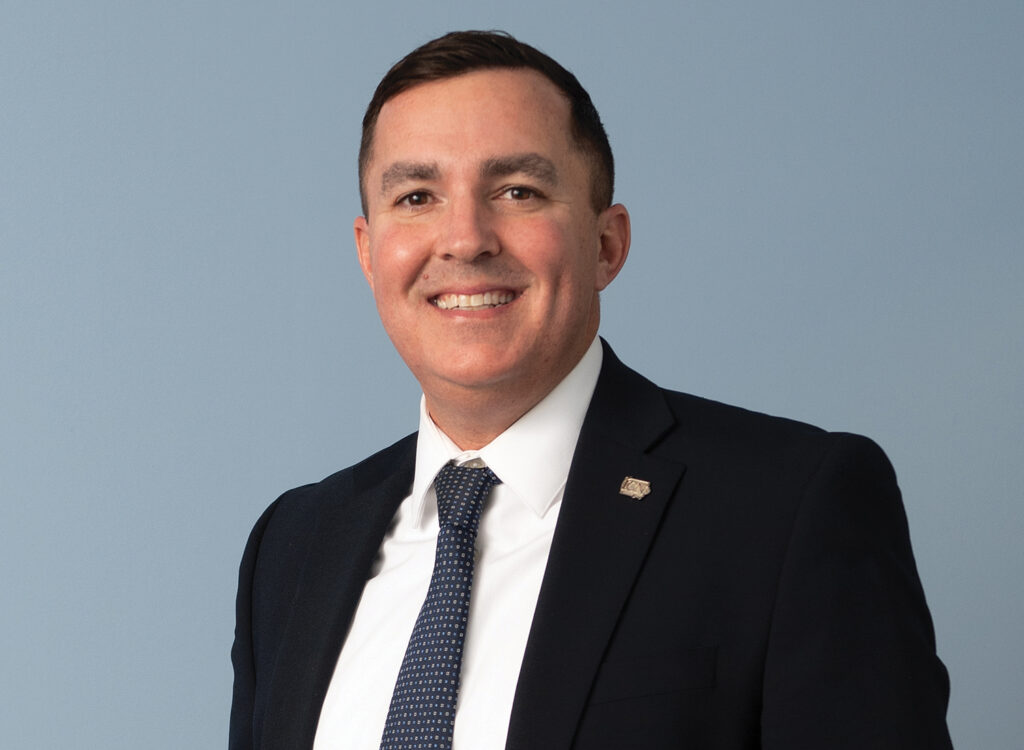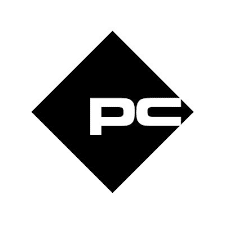McLellan: The age of authority

DREW MCLELLAN Jun 19, 2019 | 3:15 pm
3 min read time
607 wordsBusiness Record Insider, Sales and MarketingLook at the world we’re marketing to today. Fake news. Media channels controlled by consumers rather than the advertisers. Rampant distrust of any ad or promotion. It’s getting more difficult to get a prospect to notice us, and on top of that, odds are you have more competitors than you’ve ever had before.
The truth of the matter is that today most prospects have done most of their shopping and evaluation before they ever walk into your store, pick up the phone, or shoot you an email. We have to be findable – and once we’re found, we have to be easy to distinguish from the other competitors out there.
Yes, you can buy your way to findability. But that requires precision in terms of your audience, keywords and the niches that you can dominate. If you can answer the same questions you’d need to answer to create an effective AdWords campaign, you can also create content that will generate the same outcomes.
This is actually a huge opportunity for the businesses that will step into it.
We are entering the era of the authority. While you may already be sick of the phrase “thought leader,” the truth is there aren’t that many of them out there in any industry. Thought leaders don’t write content that anyone else could claim. Thought leaders don’t write about anything and everything, and thought leaders don’t compete on price.
Are you ready to be part of this next generation of breakout businesses?
If you were asked to think of an authority on any subject, who comes to mind? What about them designates them as an authority? What does someone have to do to earn and keep a title of authority?
They have a focus area or subject matter expertise.
They don’t just repeat what everyone else is saying.
They have a public presence where they share their expertise.
They don’t stray from their area of expertise (a specialist vs. a generalist).
They are not equally interesting to everyone (in fact, they probably bore most people).
They are significant (different from prolific) in terms of content creation.
They don’t create any generic content that could be credited to someone else.
They’re perceived as an educator in some way.
They have a passion for their subject matter.
They have a strong point of view that is the foundation of all of their content.
A true authority has something specific to teach us, and they want to be helpful or illuminating. They’re eager to share what they know because they have a genuine passion for it. And their expertise is something a group of people are hungry to access. Call them an expert, a thought leader, an authority or specialist.
All words for the same thing. A trusted resource who has earned that trust by demonstrating the depth of their specialized knowledge over and over again.
One way to recognize an authority is that we can define them in a sentence, like “Simon Sinek is the ‘why’ guy.” “Brené Brown is finding the courage to be vulnerable and fail.” They’ve so narrowly and so carefully defined their expertise that we can capture it in a word or phrase. Does Simon Sinek talk about other things? Of course. But he always tied it back to his thing – the why. Does Brené Brown write about other topics? Absolutely. But she always deftly loops it back to the power that comes from being brave enough to embrace your vulnerability.
In the coming weeks, we’re going to explore what it takes to truly be an authority and reap all of the benefits that come with that.








